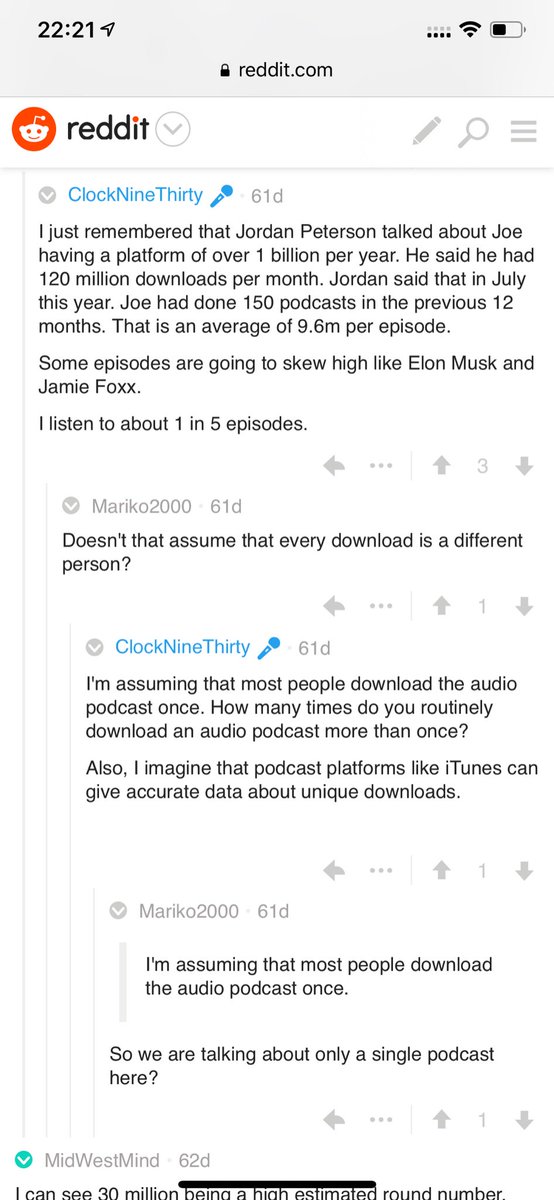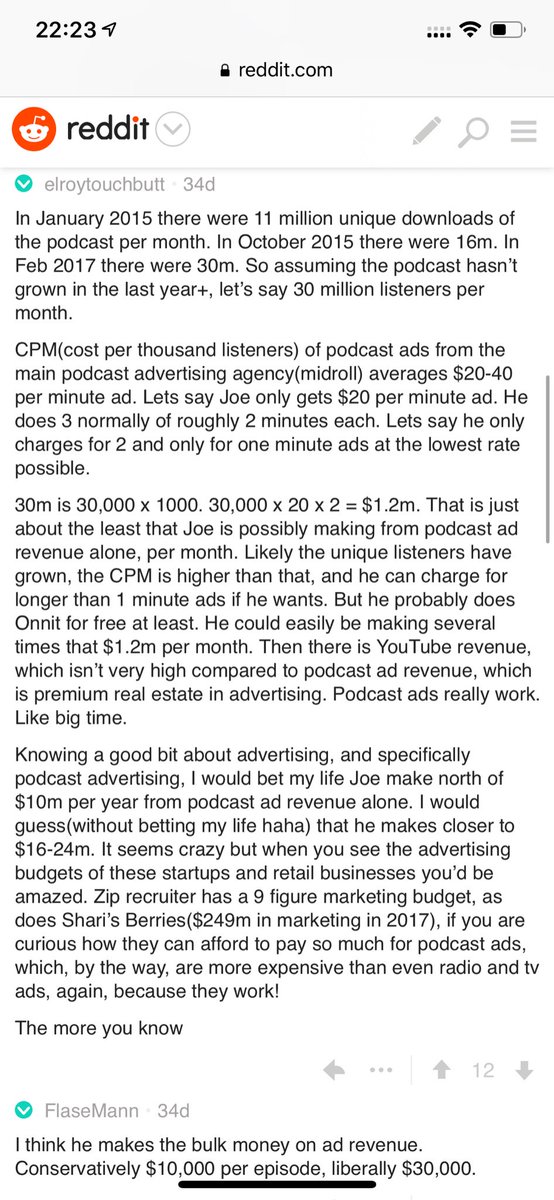Nippon India launches Nifty Pharma ETF.
Issue open june 21-28.
Benchmark index: Nifty pharma TRI.
#NFO
More from India ETFs & Index Funds
More from Etf
Important.
Whenever you invest in Fund of funds, check the expense ratios of both the local fund & the global fund which is investing into.
e.g., Nasdaq FOF ER is 0.1%, but you have to add the ER of ETF which 0.54%, total 0.64%
Good to see AMCs like @EdelweissMF mentioning it.
Whenever you invest in Fund of funds, check the expense ratios of both the local fund & the global fund which is investing into.
e.g., Nasdaq FOF ER is 0.1%, but you have to add the ER of ETF which 0.54%, total 0.64%
Good to see AMCs like @EdelweissMF mentioning it.
When you invest in a global fund, and compare expenses across funds:
— Radhika Gupta (@iRadhikaGupta) June 22, 2021
1. Compare \U0001f34e to \U0001f34e: Total cost includes offshore fund cost plus what local AMC charges.
2. Get this data from the AMC website. Many 3rd party websites don\u2019t include underlying fund costs.
1/3
You May Also Like
Joe Rogan's podcast is now is listened to 1.5+ billion times per year at around $50-100M/year revenue.
Independent and 100% owned by Joe, no networks, no middle men and a 100M+ people audience.
👏
https://t.co/RywAiBxA3s
Joe is the #1 / #2 podcast (depends per week) of all podcasts
120 million plays per month source https://t.co/k7L1LfDdcM

https://t.co/aGcYnVDpMu

Independent and 100% owned by Joe, no networks, no middle men and a 100M+ people audience.
👏
https://t.co/RywAiBxA3s
Joe is the #1 / #2 podcast (depends per week) of all podcasts
120 million plays per month source https://t.co/k7L1LfDdcM

https://t.co/aGcYnVDpMu




























